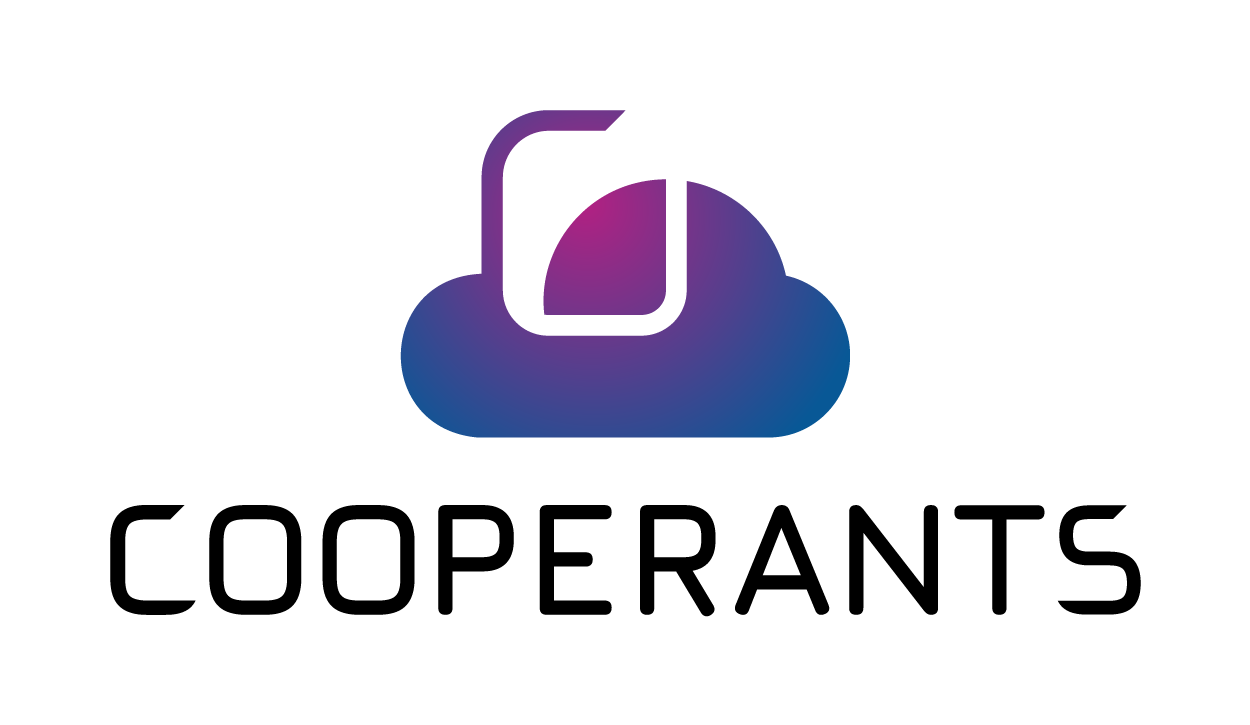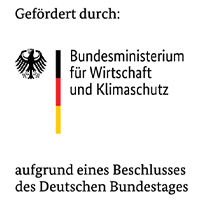Hamburg, September 30, 2024: The German Aerospace Congress (DLRK) 2024 in Hamburg provided an outstanding platform to discuss the pressing challenges and opportunities facing the aerospace industry. From September 30 to October 2, the city hosted over 450 lectures and poster presentations covering a wide range of topics, shedding light on the current state of research, particularly in the field of aviation.
This year, the focus was on sustainable solutions for the future of aviation. Sustainable aviation fuels (SAF) were especially highlighted, playing a central role in reducing CO2 emissions from air traffic and thereby contributing to achieving climate goals. Various types of fuels were discussed, including those derived from biomass and innovative e-fuels produced from carbon dioxide and hydrogen.
During the congress, a presentation was also given on the approach developed in the COOPERANTS project for data transfer between software tools with different database schemas. This approach is crucial for enhancing interoperability within a toolchain across company boundaries, which is of great significance in the complex aerospace industry.
Further presentations during the congress offered comprehensive insights into novel technologies in aeronautics and space, addressing the challenges associated with implementing these sustainable solutions. Particularly noteworthy was the contribution from Anna Christmann, the Coordinator of the Federal Government for Aerospace, who emphasized the necessity for new industrial facilities for the production of sustainable fuels. She stressed that the existing pilot plants are insufficient to meet the ambitious climate goals.
A central theme was also the development of hydrogen-based fuels. The challenge of effectively implementing these technologies requires close collaboration within the industry to advance innovative solutions. The discussions during the congress were enriched by insights from leading experts at the forefront of these developments.
Moreover, DLRK 2024 provided numerous networking opportunities. The exchange with professionals from research and industry was a valuable experience that further strengthened the commitment to efficient, collaborative, and sustainable aviation and space. Through interactions with various congress participants, the COOPERANTS project not only gained visibility but also opened up new potential application areas that could be of interest for the developed approaches.
Overall, DLRK 2024 served as an important platform for discussing the future of aerospace. The inspiring ideas and initiatives presented during the congress lay the foundation for the continuous advancement of the industry and enhance the potential for innovative, interoperable solutions in aviation and space.




